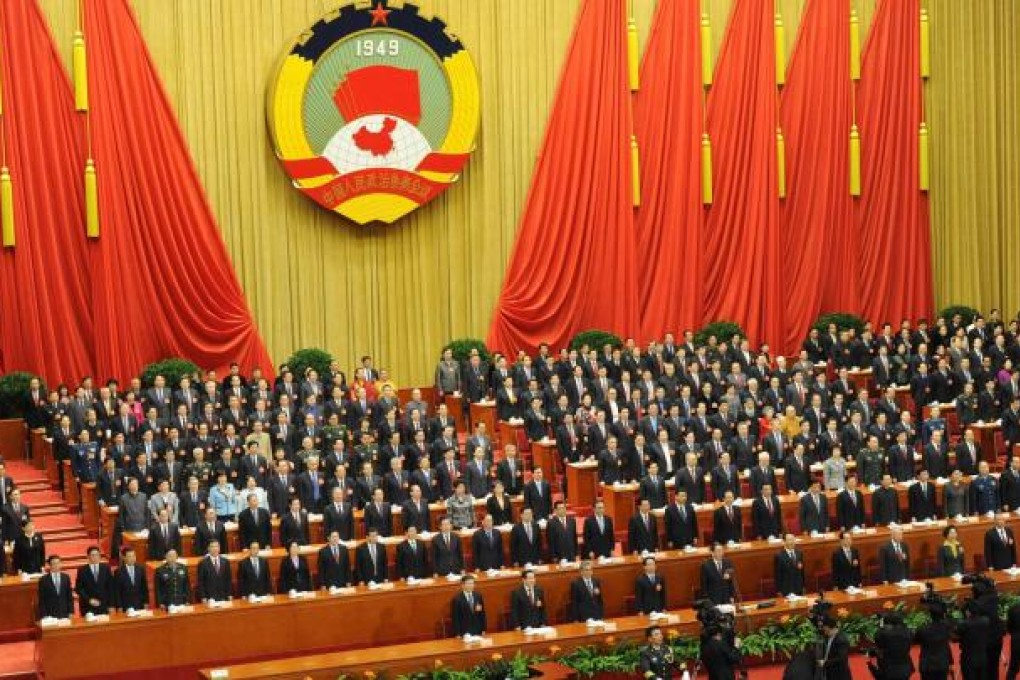Allies, aides and kin of former political leaders join CPPCC presidium
Allies and kin of former chiefs also among appointees, spurring rumours that they will become standing members of nation's top advisory body

Several secretaries, allies and children of former state leaders or revolutionary veterans have been appointed to the presidium of the Chinese People's Political Consultative Conference (CPPCC), whose annual session kicked off yesterday afternoon in Beijing.

Among the CPPCC's 323 presidium members are Lieutenant General Nian Fuchun, an assistant to the director of the army's General Political Department, who was a personal secretary to Deng Xiaoping in military affairs; and Chen Jiping, executive vice-president of the China Law Society and the party secretary of its leadership group, who was a secretary to Qiao Shi, a former chairman of the National People's Congress.
Chen Shiju, director of outgoing President Hu Jintao's office, and Meng Xuenong , executive deputy secretary of the Work Committee of Departments under the party's Central Committee, who has long been seen as one of Hu's close allies, were also selected as presidium members.
All four of the aforementioned new members appeared on the presidium yesterday during the opening of this year's CPPCC session.
According to past practices, anyone who secures a place on the presidium usually stands a good chance of becoming a standing member, a ministerial-level position, of the top advisory body. For Chen Shiju, becoming a standing CPPCC member could serve as a consolation prize, in light of his work as Hu's personal aide for years, after having surprisingly failed to win a place on either the Communist Party's 205-strong Central Committee or as one of its 171 alternate members, during a power reshuffle in November.